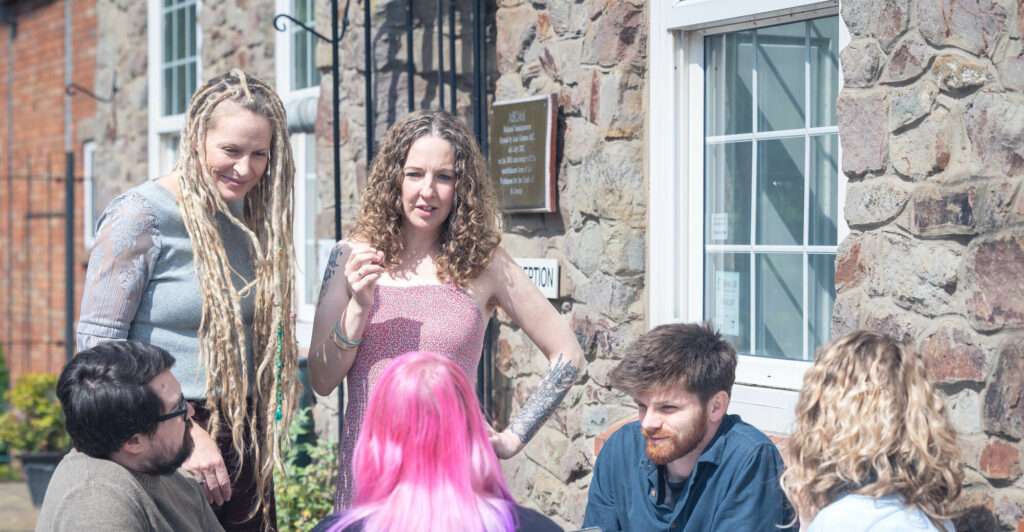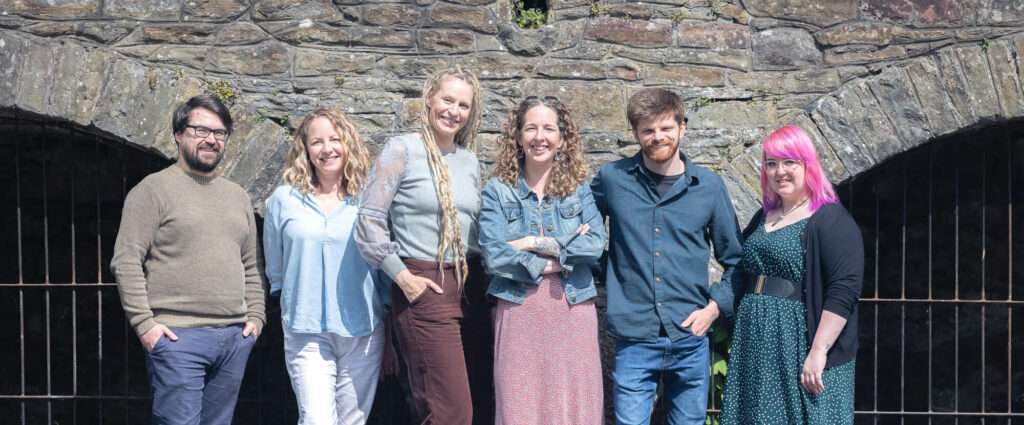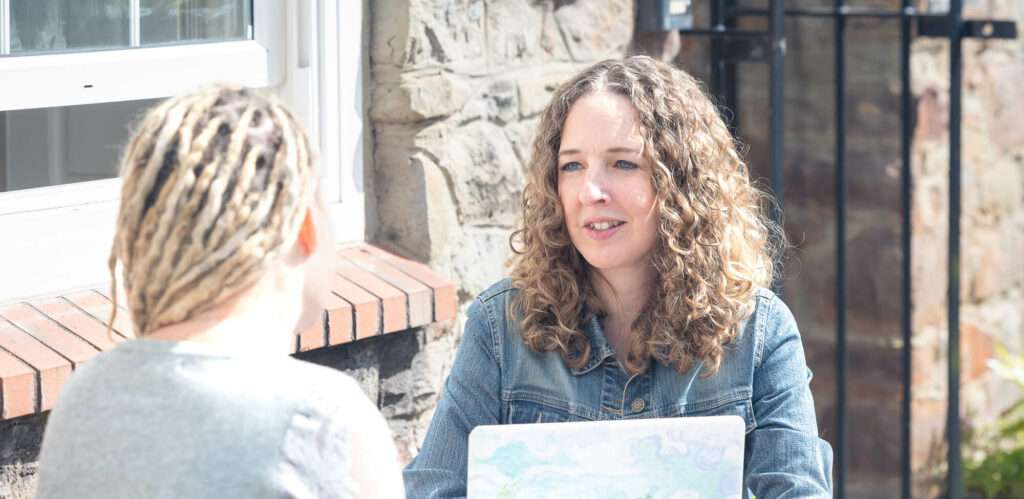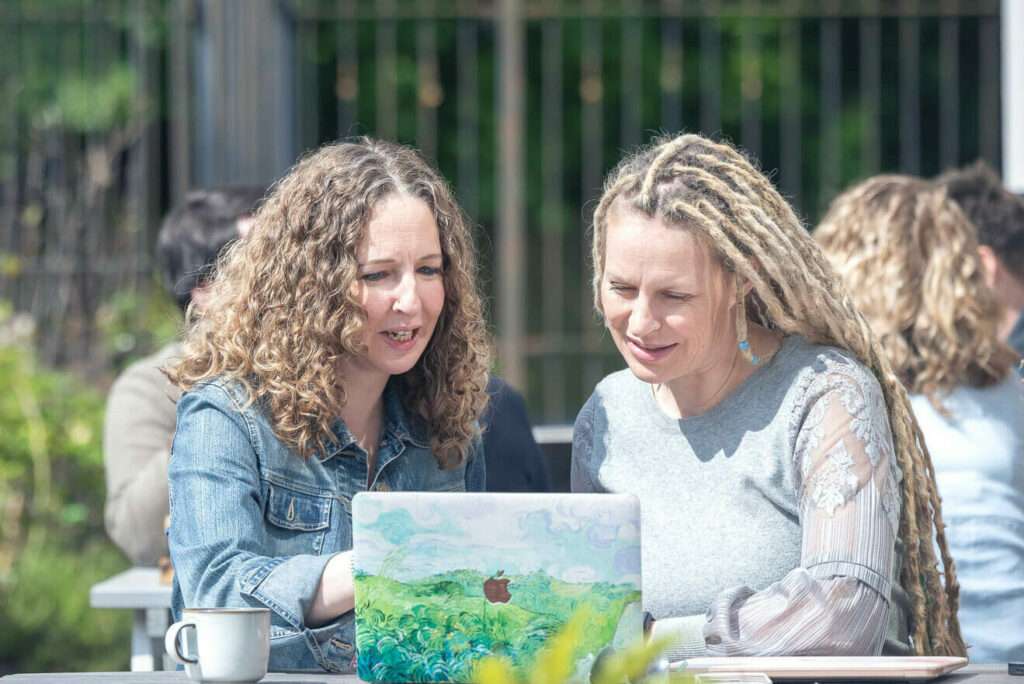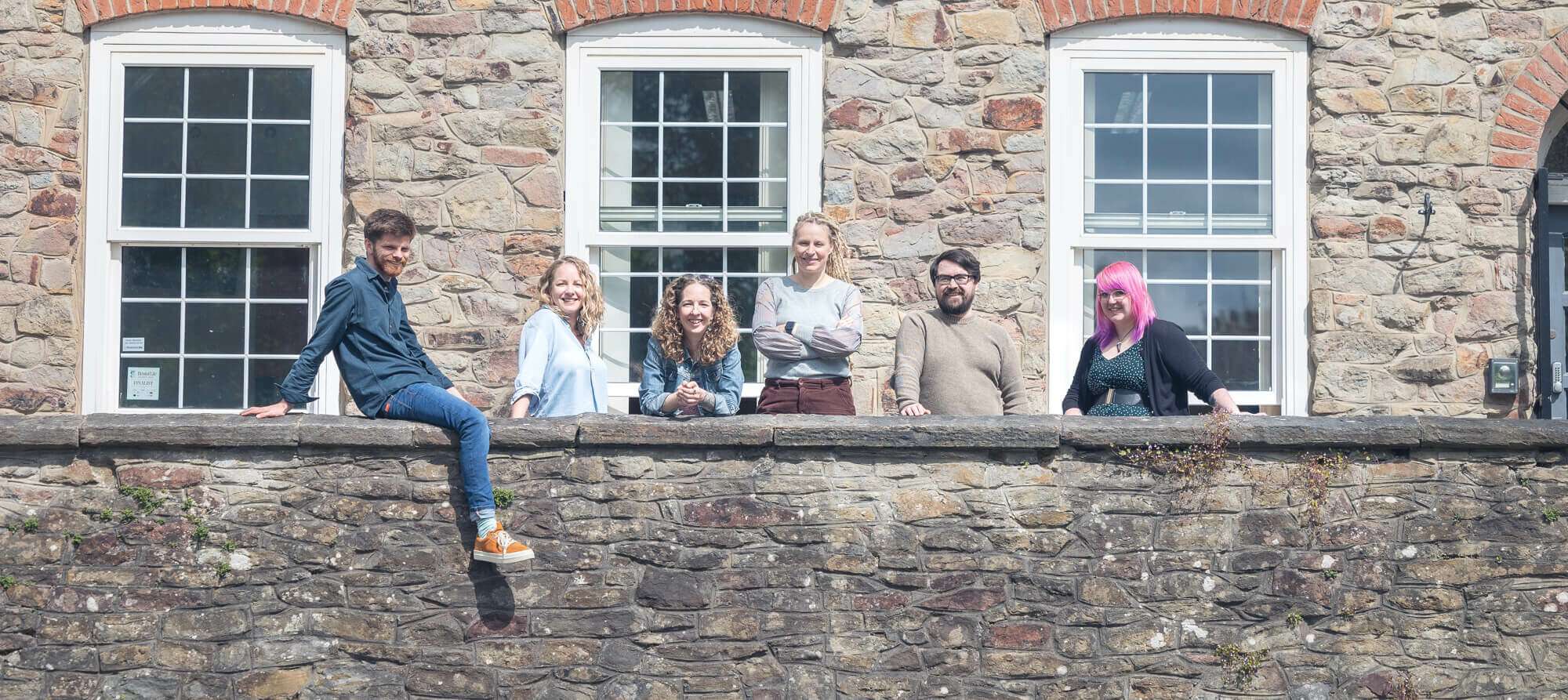
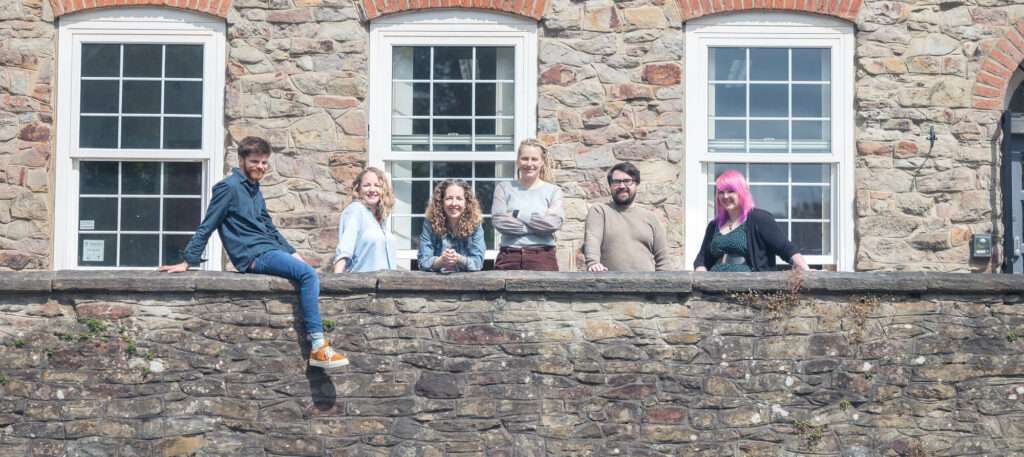
Expertise: what is it and how do buyers perceive it?
There are many ways to position a brand in a marketplace. You can compete on price or personality, values, location or, if you’re lucky, the uniqueness of your product or service offering. Or you can choose an expertise-based positioning strategy.
Expertise builds trust. It encourages loyalty. It allows you to charge a premium because it shows you’re wiser and sharper than the next brand – and you can prove it. If members of your team have mastered certain disciplines and subjects, why would you try to compete on price?
This strategy is also a strong choice because it’s difficult to emulate. You can’t fake expertise, or not for long anyway. Only a few brands have what it takes to even qualify – and fewer know how to translate the expertise within their business into marketing strategy.
In this mini series on communicating expertise, we’re going to be looking at what it takes to build brand authority. We’re also going to look at the marketing challenges that stand in the path of every expert-led organisation. But before that, we need to clarify what an expert actually is.
TL:DR
- What is an expert? The difference between skill, knowledge and language
- What does it take to become an expert?
- How do people perceive expertise?
- How to establish expertise using content
What is an expert? The difference between skill, knowledge and language
The Merriam Webster dictionary defines an expert as someone with a special skill or knowledge representing mastery of a particular subject.
Already we’ve got two different nuances here – skill vs knowledge. A skill is related to something you can do, so an example of a skilled expert might be a master carpenter or senior software engineer. Then you have the more knowledge-based experts, like university professors or management consultants.
There’s a third type of expertise too: interactional expertise, which surgeon and author Dr Roger Kneebone describes in his book, Expert, as the “ability to speak the language of experts whose work you cannot do.”
An example of a profession that takes interactional expertise to its highest point is journalism, since journalists write expertly about many subjects in which they themselves are not experts. We’d like to suggest that the best copywriters and content marketers fall into this category too.
You may be born with talent but you won’t be an expert until you’ve put in the time, not to mention effort.
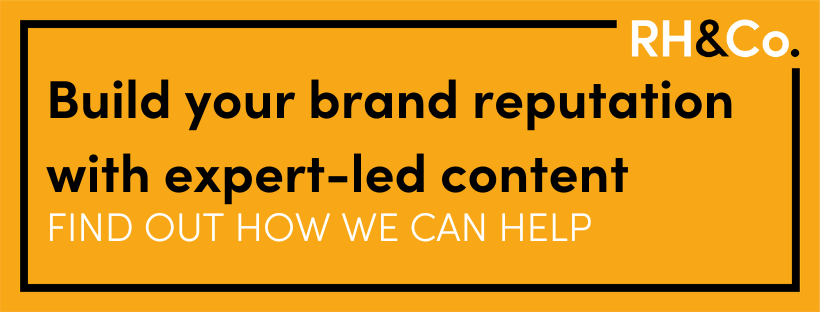
What does it take to become an expert?
Of course, having some level of knowledge or skill doesn’t automatically make you an expert. You have to work for it. That said, the moment you can call yourself an expert is also not a clearly defined milestone. It’s an ongoing and evolving process. So how do you become an expert?
In his book Outliers, Malcolm Gladwell popularised the ‘10,000 hour rule’, which essentially says that to become an expert at something you need to put in 10,000 hours of practice or study. This is actually an over-simplification of the work of psychologist K Anders Ericsson but it makes an important point, which is that there is a degree of time needed to become an expert. You may be born with talent but you won’t be an expert until you’ve put in the time, not to mention effort.
Dr Kneebone describes this evolution as the Apprentice-Journeyman-Master pathway. As an apprentice you’re putting in the time under someone else’s tuition or guidance. Next, you become a journeyman and, archaic term aside, this is where things start to shift. You move from supervised to independent practice, you start to take responsibility, develop your own style, and you learn to improvise.
Only then, once you’ve spent a significant period of time in this journeyman stage, do you finally step into being a Master. This is where you actually begin redefining your field of expertise, building on it and adding to the knowledge base, pioneering new things, even passing it on – in other words, teaching.
As you can see, there is no way to shortcut expertise. Even those born with extraordinary abilities – from Mozart to Serena Williams, Marie Curie to Bill Gates – all need to put in the time and effort required to claim the title of expert. Likewise, there’s no point building a brand positioning or marketing strategy around expertise unless you or your team has spent years accumulating it.
How do people perceive expertise?
Let’s assume for the moment that there is a genuine level of expertise within your business – it may lie with the founder, the CTO, the product development team or a handful of consultants. Now the question is: can you prove it? Because what is there and what people see are often two vastly different things.
When you’re scoping out a business to see if they’re experts – let’s imagine you’re an SME looking for an ESG consultant, armed with nothing more than a handful of names from Google or LinkedIn – there are a few boxes you’re going to expect them to be able to tick as a baseline…
Understanding
First, you’ll want to know that they understand you – your sector, your challenges, your goals. If you’re a multinational FMCG brand, you’re likely to discount the consultancy that has specialised in SMEs or the hospitality sector.
Clarity
You’ll also want to get some clarity around the problems you’re facing. Some help digging below your surface level symptoms to uncover what’s really going on. A bit of guidance and even empathy goes a long way here and also helps to show they actually understand you.
Insight
You’ll also want your expert to be able to give you insights – to show you what you don’t know. An expert will educate you, give you the data, the trends. What is it you should be focusing your attention on? What questions should you be asking?

Solutions
Where you have a problem, you’ll expect them to be able to show you what solutions are available – not just what they can do for you as a service provider, but all the possibilities. What are the pros and cons of each? What are the cost implications?
Recommendations
And you’ll expect them to be able to give you some recommendations. Again, this is not about them pushing their solution but about them really understanding you and showing that they care about you getting the right outcome, even if that isn’t working with them.
The differentiator… Evidence
And then finally – and this is most crucial – you’ll want them to be able to back up everything they say. You’re about to spend a lot of money and take a big risk. You need to know they can walk the walk as well as talk the talk.
How to establish expertise using content
Now bear in mind that a lot of these points above are going to be part of the service that is ultimately delivered to you. By the end of your engagement with whichever ESG consultancy you choose, they should have hit each of these marks.
But remember, we’re talking about choosing the firm in the first place. You haven’t worked with them yet – you haven’t even booked your free, no obligation consultation – you’ve just got a handful of names.
So how can they show you that they understand you more than the next brand, that they have deep insights into your problem and can navigate you through the possible solutions? That they have experience and get results and that they actually care?
That’s where content comes in. And that’s what the next blog in this series is all about. To make sure you don’t miss it, follow us on LinkedIn or sign up for our fortnightly roundup, The Right Words.
Back to hompeage




